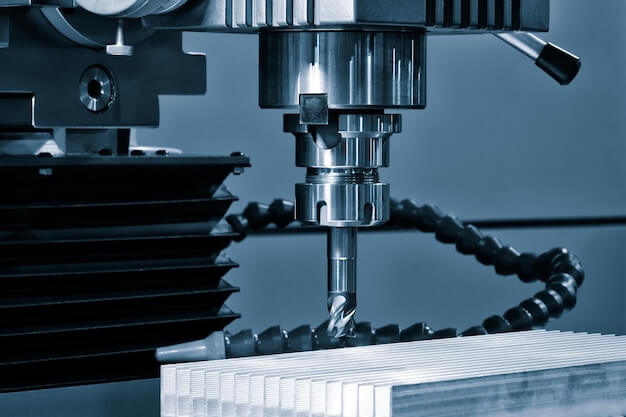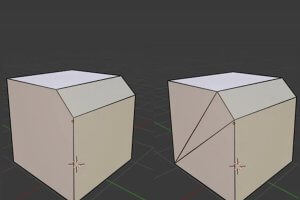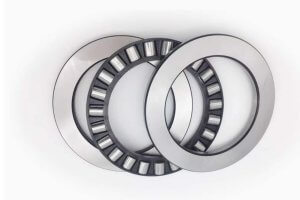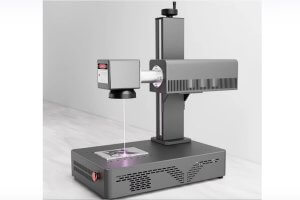Precision CNC Machining of Titanium for Medical Device Manufacturers: An Introduction
Precision computer numerical control (CNC) machining is a technology that uses computers to control machine tools, ensuring high accuracy and precision in manufacturing processes. In the context of titanium production, it supports intricate cutting tasks with tight tolerances, indispensable in producing specific parts used in medical devices.
The medical device industry frequently relies on this method due to several influential factors. Firstly, titanium’s inherent properties such as bio-compatibility, corrosion resistance, strength-to-density ratio make it an ideal material for various medical applications including surgical instruments and implants. Secondly, precise machining capabilities provided by CNC help manufacture components of these devices with complex geometries and exceptional finish quality adhering stringent medical standards.
- CNC Machining allows precise cuts and contours needed for specific devices.
- Titanium proves invaluable in medical applications owing to its beneficial physical and chemical properties.
- The integration of both enables manufacturers to produce high-quality, specialized medical equipment.
Precision CNC Machining of Titanium for Medical Devices
Precision machining is instrumental to the fabricating process of medical devices, especially in creating surgical tools. These instruments demand highly exact dimensions and flawless performance, which can only be achieved through meticulous machining operations. An error as insignificant as a few micrometers can critically undermine the function of a device that operates on an intricate human body.
Bearing this in mind, titanium emerges as an ideal material due to its unique properties such as superior strength, light weight, biocompatibility, and resistance to corrosion, making it fitting for healthcare applications. For instance, these distinct characteristics offer high durability for orthopedic implants that are expected to withstand physical pressure over time while not reacting adversely with bodily systems. Moreover, titanium’s resilience against wear and microbial degradation safeguard against potential infection risks, optimizing patient safety.
Precision CNC machining is a highly advanced manufacturing process that involves the use of computer-controlled machines to produce intricate and precise components. The process begins with the creation of a design using CAD and CAM software, which is then translated into manufacturing instructions for the CNC equipment. Skilled machinists load the instructions into the machine, which then performs actions like cutting, milling, turning, and electrical discharge machining to achieve the final product.
Precision CNC Machining Process
The precision CNC machining process plays a critical role in the production of medical devices, such as titanium hip replacement implants. This meticulous procedure begins with the design where engineers employ specialized software to create accurate 3D models of the final product. Following this, the blueprint is fed into the CNC machine.
- Step 1: Designing – The part or component that needs to be machined is designed using CAD (Computer Aided Design) software. For instance, for a hip replacement implant, detailed measurements and specifications are taken to design a customized model.
- Step 2: Programming – The design file is then converted into CNC program code which accurately dictates the actions of the CNC machine.
- Step 3: Setting up – The correct tooling and workholding fixtures are set up on the CNC milling / turning machines.
- Step 4: Machining – The block of titanium will then be machined by the automated equipment according to the programmed instructions.
- Step 5: Inspection – After the machining process, each part is subjected to rigorous inspection procedures to ensure it complies with the exact specifications outlined in the design.
Throughout this entire process, extreme accuracy is paramount. Given how precise these components must be to function safely and effectively within the human body, there’s little room for error. As such, technologically advanced tools and techniques are harnessed to guarantee the repeatable and high-precision manufacturing of these vital medical devices.
Challenges for Manufacturers Using CNC Machined Titanium
Precision CNC machining of titanium presents several unique challenges for medical device manufacturers. Predominant among these obstacles includes the high cost of raw titanium and increased wear and tear on machinery due to titanium’s inherent strength, hardness, and heat resistance. These factors often lead to higher production costs. However, there are methods in place to help mitigate these issues.
- New titanium alloys: Certain new alloys combine titanium with other metals such as aluminum or vanadium in order to balance out its tough properties thereby making it more manageable and ease machine wear.
- Improved tooling techniques: Adopting innovative tooling strategies like high-pressure coolant systems and end mills designed specifically for difficult-to-machine materials can significantly extend tool life when working with titanium while maintaining desired precision.
- Advanced Machine Designs: Machines that incorporate high torque at low spindle speeds, combined with controlled feed rates, have shown abilities to effectively cut through titanium while minimizing stress and damage on the tools.
Henceforth, by paying critical attention to alloy selection, tooling technique, and machine design, manufacturers can successfully navigate the difficulties of CNC titanium machining.
Key Benefits of Precision CNC Machining of Titanium for Medical Device Manufacturers
The benefits which medical device manufacturers derive from precision CNC machining of titanium are numerous. Among these, the leading advantages include its lightweight nature, superior strength and corrosion resistance. The lightweight property of machine-accurate titanium parts allows for ease in transportation as well as storage while offering enhanced patient comfort during use.
- Titanium’s inherent strength contributes to product longevity, implying less frequent replacements or repairs – a factor that not only saves expenses but also minimizes discomfort for patients.
- Furthermore, the anti-corrosive quality of this metal ensures safety against rust-induced infections or reactions when used in medical devices.
Precision engineering enables the creation of complex and bespoke components catered to the evolving needs of modern-day health solutions. In essence, precision CNC machining of titanium facilitates a synergy of form, function, user comfort, and safe delivery for all medial appliances it forms part of.
Other Articles You Might Enjoy
- Duplex Stainless Steel vs. Super Duplex in CNC Machining: Features and Applications?
Introduction to CNC Machining and Duplex Stainless Steels In the domain of manufacturing, Computer Numerical Control (CNC) machining plays a pivotal role due to its precision, efficiency, and versatility. Essentially,…
- Innovative CNC Machining for Advanced Spacecraft Components
Introduction: CNC Machining and its role in Spacecraft Components Computer Numerical Control (CNC) machining has, over the years, proven to be one of the most integral pillars within manufacturing industries.…
- Choosing the Right Lubrication for CNC Machining of Aluminum Alloys: What’s Best?
Introduction to CNC Machining and Aluminum Alloys The emergence of Computer Numerical Control (CNC) machining has revolutionized the process of metal cutting, offering a highly precise method for crafting intricate…









